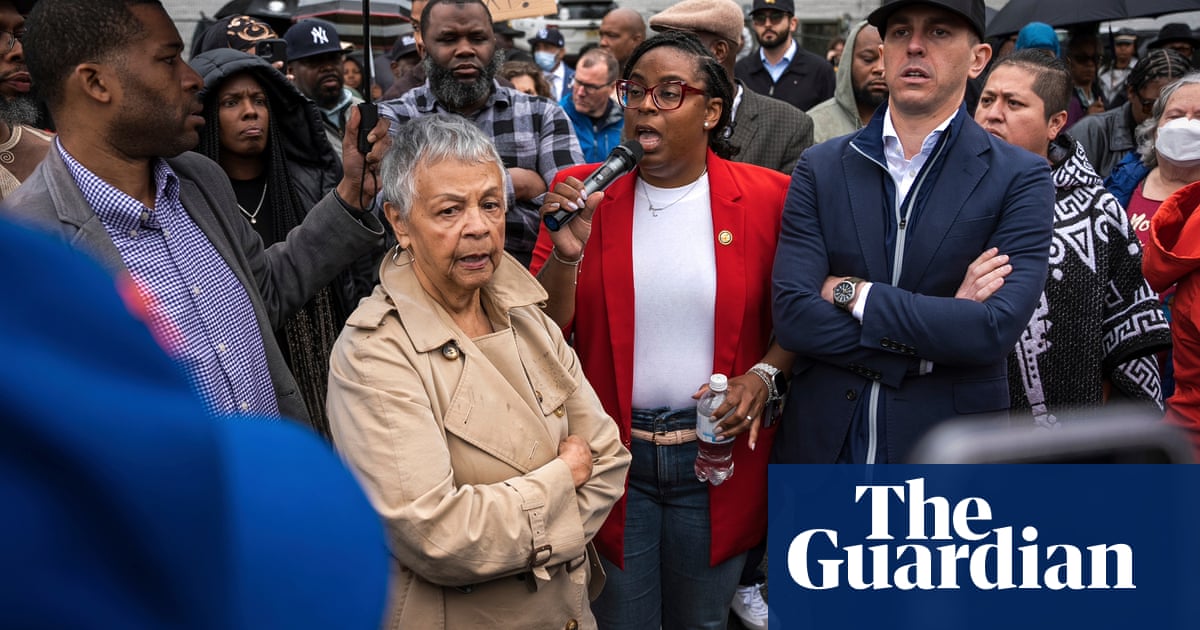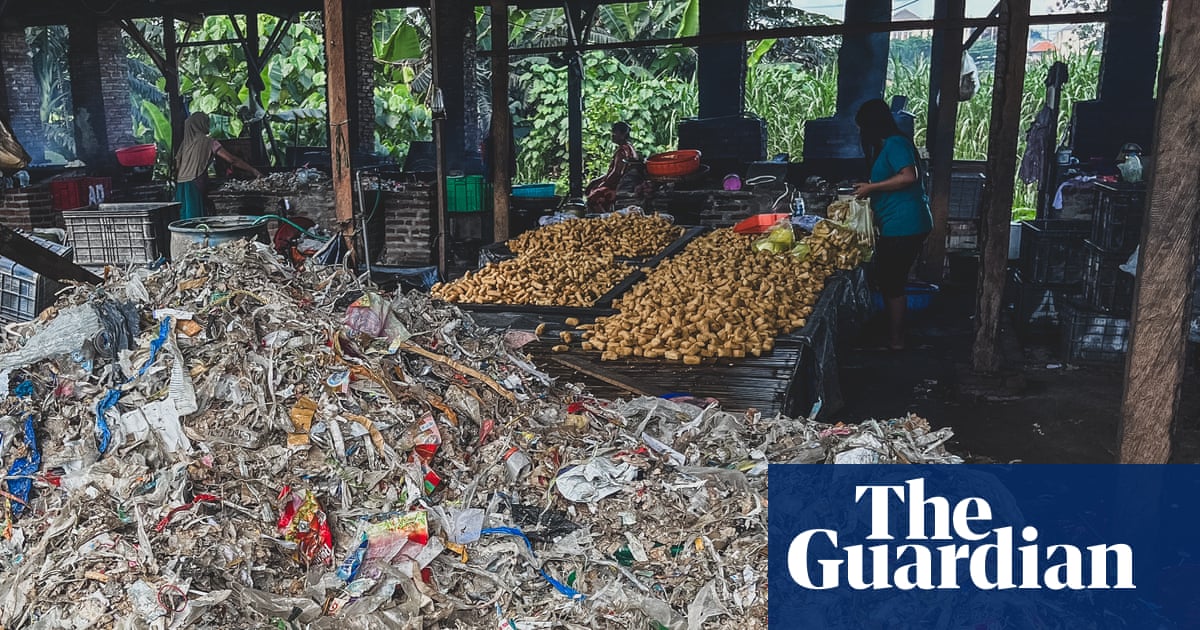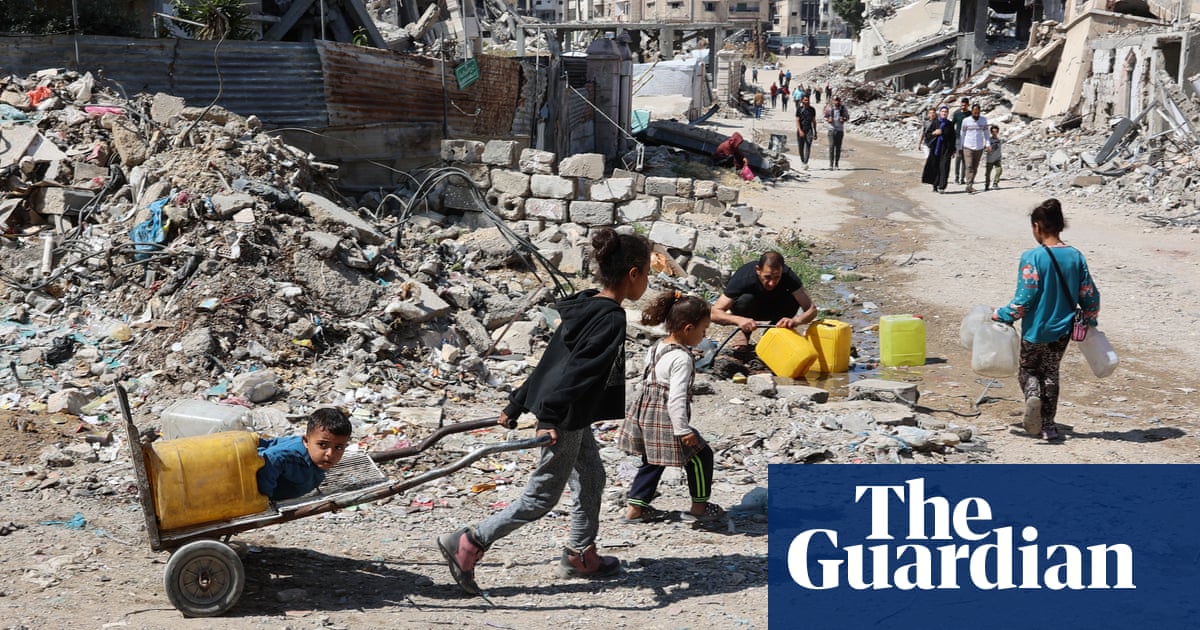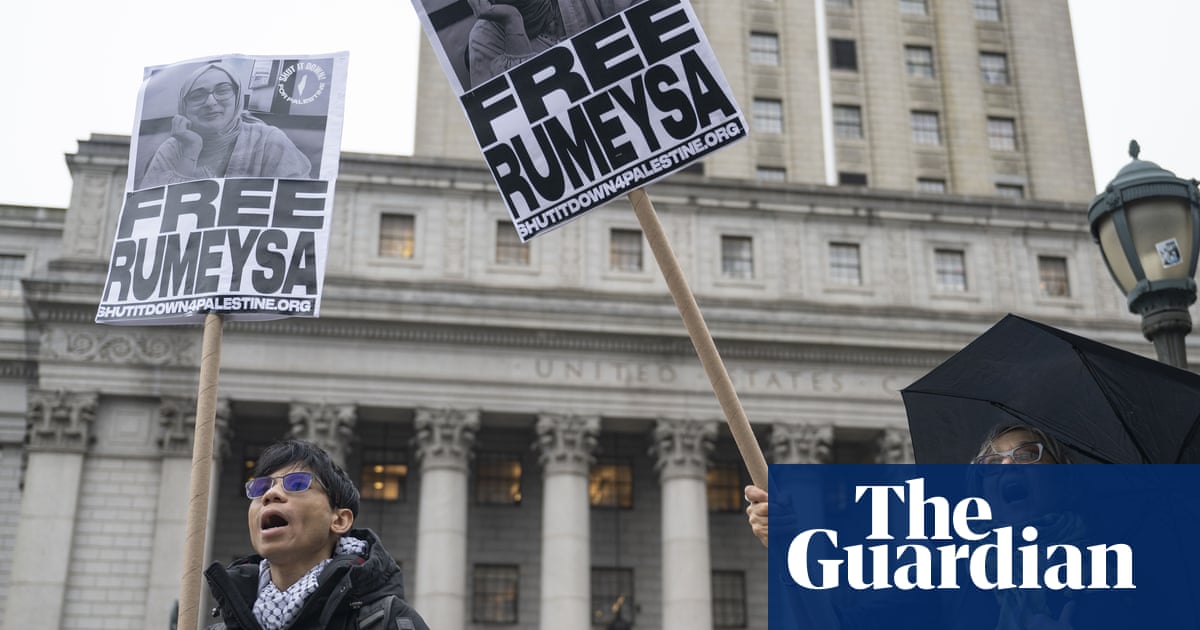As the Eaton fire raged on 8 January, Liz Powell was focused on one thing: getting to work. Powell, Pasadena unified schools interim food director, rushed to the district’s service center on Woodbury Road in Altadena to meet up with food service coworkers Melissa Washington and Marcela Zamorano.
“But pretty soon the police showed up and told us we had to evacuate,” said Powell, whose home lost power and employees could hear transformers and propane tanks blowing before returning home and waiting out the blaze. “It was bad, very scary.”
Food service crews around the Pasadena unified school district, which encompasses the fire-ravaged community of Altadena, not only evacuated or lost power. Some lost their homes. Still, by the next day, Powell and most of her staff regrouped, and were dispensing free lunches for students using “everything on hand” at school sites. Pasadena, like Los Angeles unified school district, is a community eligibility provision district, which means all children eat for free.

Powell, who had seen the district through the Covid-19 pandemic, knows a crisis. She hopped online and submitted the required child nutrition program school emergency plan, which was quickly approved by the state. Then she called a food vendor she thought she could count on. Powell was right. Though schools were closed, her food service crew was up and running with enough ready-made meals to start grab and go drive-throughs at several sites around town. They also began dropping off breakfasts and lunches at the YMCA, Pasadena Parks & Rec and Pacific Community College – all places offering emergency childcare for evacuated and displaced students. At the high point, the effort totaled well over 2,000 students fed.
“The pandemic was one thing,” Powell said. “But this time it feels more emotional. You have parents driving up saying: ‘I see you gave my child cereal and milk for breakfast. Do you happen to have a spoon? We have nothing left.’”
‘Times are very tough right now’
At James Madison elementary in Pasadena, just 10 minutes from Altadena, cars inch up to the tables on Ashtabula Street where food service workers Ino Cortez and Sue Cisneros pass bags through open windows to grateful parents. One bag for breakfast contains fruit, milk, and cereal or a baked good and another for lunch has a turkey, ham and cheese sandwich, fruit, celery sticks and milk. Small bags of kiwifruit were added, too.
The non-profit Pasadena Education Foundation sent a brigade of volunteers to help and the team gave out more than 1,500 meals in one day. The principal of Madison Elementary, Dr Elisa Perez, had also arranged for the local food bank to deliver emergency boxes that contained enough food for a family of four for three days. In addition, there was produce give aways – carrots, potatoes, squash and lettuce – as well as water, toiletries and books – all donated from local organizations and individuals.
Nearly two weeks after the fire broke out, Ino Cortez, the food service supervisor for Madison Elementary, says his drive-up customers have dwindled to about 500 meal requests, which is a good thing. It means many displaced families have gotten back into their homes and Pasadena unified schools have begun to reopen. Schools reopened on 30 January.

Cortez lost his own Altadena home, and has been hunkering down in an Airbnb in Alhambra with his wife, two adult children, nephew, nephew’s wife and their two children. They moved to another Airbnb in Altadena. “After that, we don’t know,” he says. His eldest son, who lives in a condo that wasn’t destroyed, housed them for several days and gave his dad some clothes to wear. Cortez was able to report to work the Monday after the fire. He says giving out food to children in need makes him feel a bit better. “Being here doing something takes my mind off of what we lost, but I do wake up in the middle of the night and wonder what we’re going to do,” he says. “We need a house.”
Parent Sheyla Saenz has been a regular in Cortez’s grab & go line. Her three children attend Pasadena’s Longfellow elementary and Octavia Butler magnet middle school. She says having access to the meals has really helped her family. They didn’t lose their residence, but she had to cut her work hours because her children were home. “Any little thing helps,” she says. “Times are very tough right now.” Besides, she says, her children really like the food provided.
Now, the question, says Powell, is if students will show up for class once facilities are reopened. “We hope they do,” says Powell. “But if their families can’t find housing locally, they may not be able to.”
But, she adds: “Whoever shows up, we’re prepared to feed them.”

 3 months ago
63
3 months ago
63













































